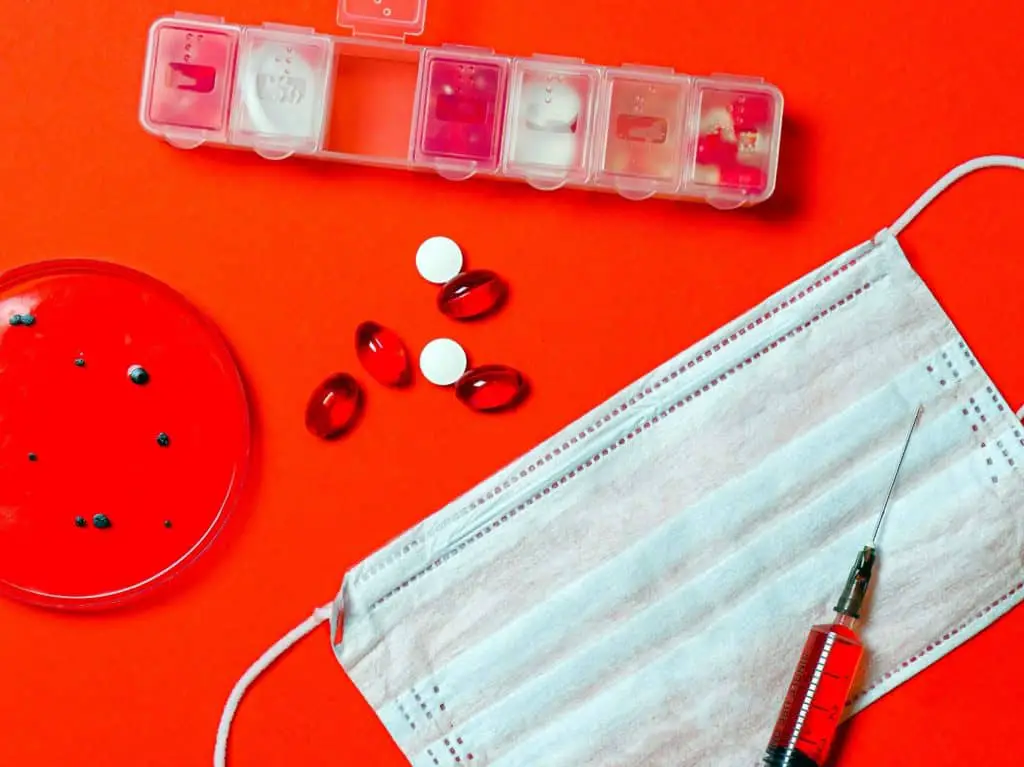With all the media coverage going around today, you may be asking yourself. Can Horses get Coronavirus? They are after all our giant, furry, children, so we often find ourselves showing concern for their safety!
Actually yes, but not the coronavirus you may be thinking. But there is another strain commonly known as equine coronavirus, that has been around in rare cases since 2010. This strain is completely different from the human strain that has been going around the news lately. In fact, it can only occur be spread through something called fecal-to-oral transmission.
What is equine coronavirus?
Equestrian coronavirus is a mild and very rare disease that is spread through what veterinarians refer to as fecal-to-oral transmission. Yes, exactly what you are thinking. Horses, like many grazing animals, leave their droppings right where they were just eating. Given this, the odds of them ingesting each other’s excrement is actually quite high.
This rare virus, typically only causes flu-like symptoms in the animal, fever, lack of appetite and laying down frequently can all be signs.
If you suspect that your horse has equine Coronavirus, I would highly recommend this reach out to a local veterinarian. However, the virus is extremely rare in horses so I wouldn’t worry too much after reading through this article.
Here is an awesome overview of the equine coronavirus provided by an Arizona based news station.
How is it diagnosed?

It is worth noting that this disease has less than 10 average cases annually. That being said, it can only be diagnosed by a visit to your veterinarian. The vet will then collect a fecal sample, glad this isn’t a DIY job aren’t ya?
This sample will then be sent off to a lab to test for PCR, or polymerase chain reaction. At a high-level, this test allows the lab technician to essentially make billions of copies of the sample. This allows them to magnify any issues and identify them. Typically, this test takes about three days to process.
So what signs and symptoms should you be looking for? The most common symptom is anorexia occurring in occurring in about 97% of diagnosed animals. Anorexia occurs when the horse doesn’t want to eat. Most horses also show signs of lethargy and will have a fever ranging from 101.5 degrees to 103.8 degrees Fahrenheit. In some cases, horses will develop diarrhea and colic. In extremely rare cases, the horse will show signs of Encephalopathy. Encephalopathy is a technical term for brain damage. Horses with Encephalopathy will press their heads against walls, delayed reactions or in some cases seizures.
Can equine coronavirus spread to humans?
This is where I get to give you some good news, equine coronavirus, as well as the human strain, are not capable of interspecies transmission. What this means is that we cannot get equine coronavirus and horses cannot get human coronavirus despite the similarities, these two viruses are just too different from each other.
This being said the coronavirus has a wide variety of strains that affect many different species. The virus has shown a history of mutating in order to find a new host. This means that despite the two strains having entirely different genetic markup now, at one point they were likely the same. In fact, recent studies show that the human strain was likely a mutated strain found in bats. Also, it is believed that the equine coronavirus originated from cows. Therefore it could be set that despite their differences both humans and horses are capable of contracting the Coronavirus. However, if your horse has been diagnosed with equine Coronavirus and you accidentally trip and fall face-first into a pile of manure chances are but you won’t suddenly be positive for coronavirus.
How is equine coronavirus treated?
Treatment of equine Coronavirus is actually pretty basic. Much like the human flu one of the most important factors is to make sure the animal remains hydrated. Your veterinarian may also prescribe your horse some anti-inflammatory medication.
Unfortunately, you will need to quarantine the infected horse from any other horses that may be around including the possibility that the feces may infect a water source that another animal might drink out of. As a last step of caution, you may also want to consider removing any existing piles from around your pasture and barn. You may also want to consider taking care of any infected horses last and be sure to same standards that you would when dealing with any kind of sickness. WASH YOUR HANDS!
Thankfully, even with its 85% infection rate, most horses do not even show clinical signs. furthermore, the chances of your horse dying from this disease are very rare. According to The Journal of Veterinary Medicine, about 27% infected horses or either euthanized or die after catching this disease.

Further Reading
For more information on equestrian coronavirus take a look at some of the links below.
